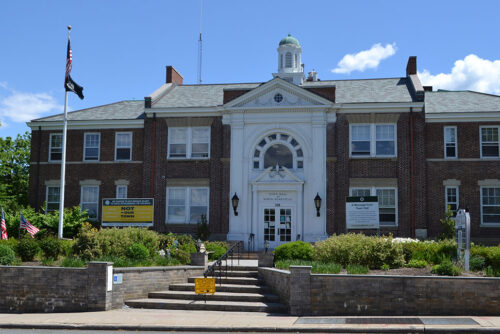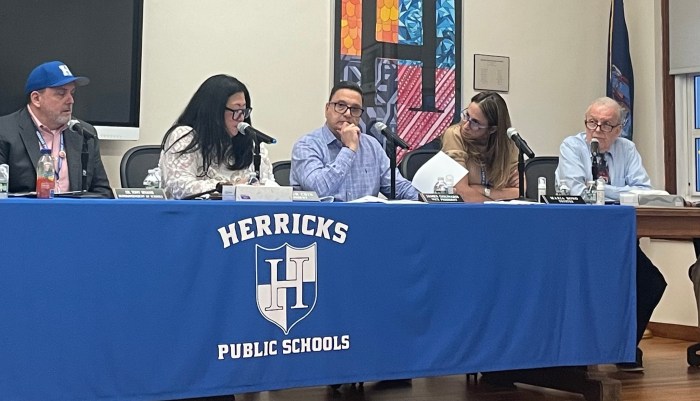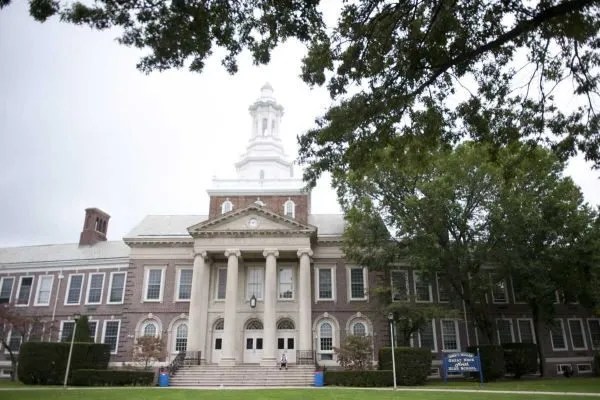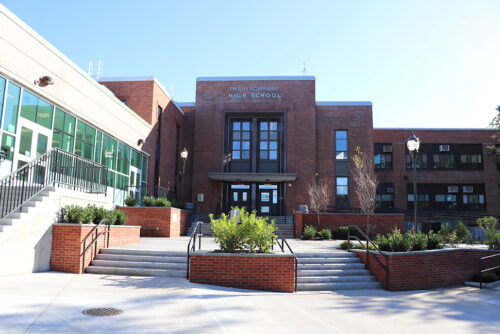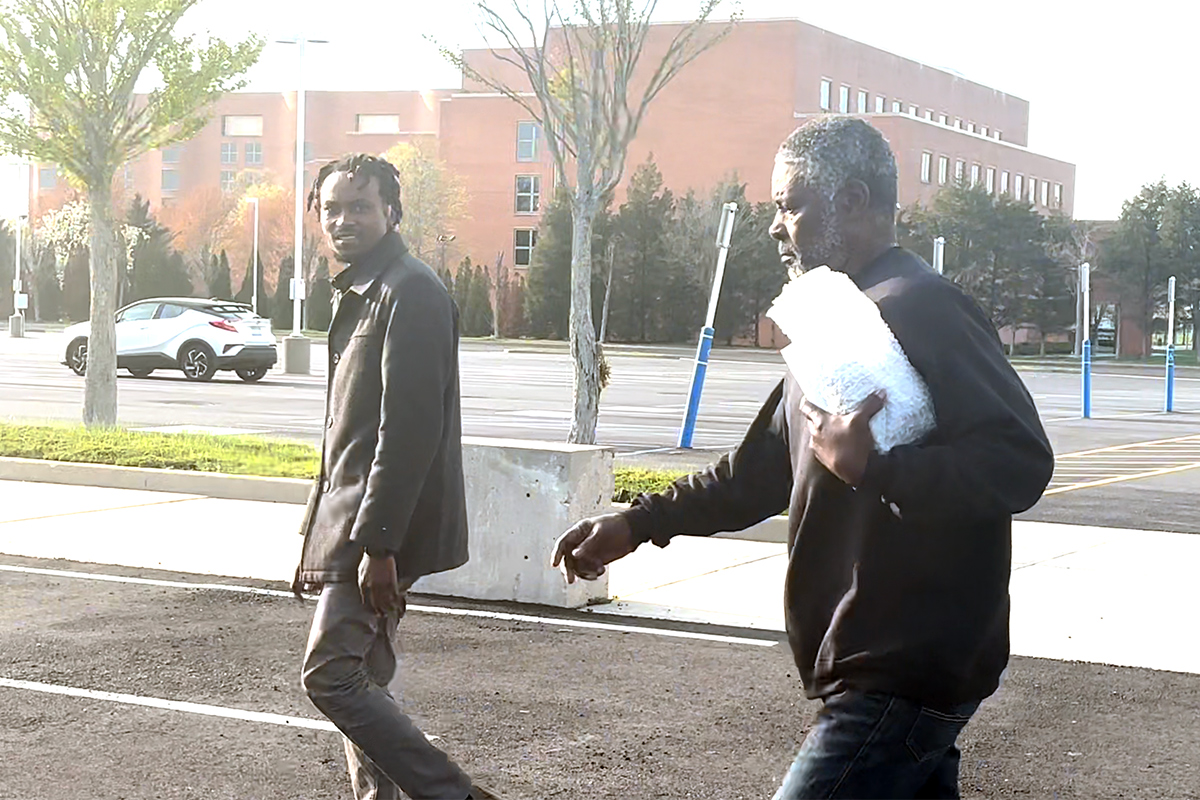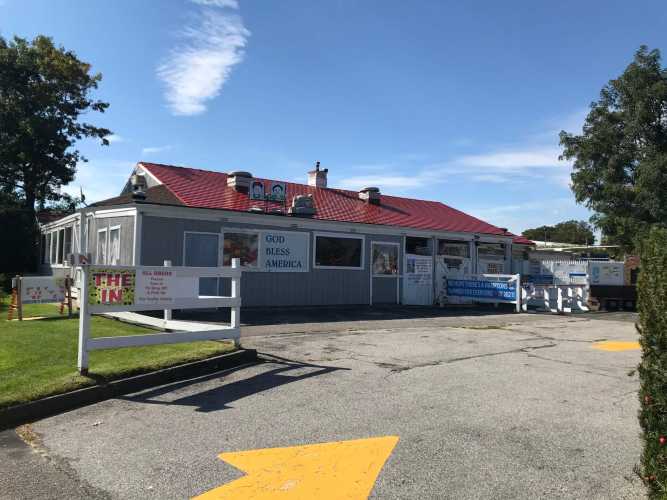The North Hempstead Town Board adopted a one-year battery storage facility moratorium on Tuesday night after more than an hour of public comment from residents of the town and outside arguing both for and against it.
Storage facility supporters said they promoted the use of batteries, which aid in environmental conservation.
“Moving away from fossil fuels is not just a goal; it’s urgently imperative,” said Julia Damiano, a New York League of Conservation Voters representative.
Those who advocated for the moratorium expressed public safety concerns, primarily associated with fires started by batteries at storage facilities.
Roslyn Harbor resident Joan Matthews advocated for the moratorium but said he was not to be against environmentalism.
“I’m not opposed to healthy, clean energy – green energy – but not at the detrimental, lifelong cost of health and safety to humans, domestic animals and wildlife.”
The moratorium was passed 6-1. Council Member Robert Troiano cast the lone vote against the moratorium, calling it regressive.
“It doesn’t take us forward,” Troiano said. “I’d like to be part of a government that provides leadership and direction rather than just sitting back and waiting for other people to do that.”
While Council Members Mariann Dalimonte and Christine Liu both voted for the moratorium, the two asked for a steering committee to find ways for the town to address the issues posed by these facilities by the time the moratorium is lifted. No such plans were put in place with the moratorium’s adoption.
“We need to make sure that our residents and everyone feels safe and that our codes are written the right way,” Dalimonte said.
Town Supervisor Jennifer DeSena said the town is already tapping into these resources and sourcing information from residents during public comment periods and through relationships with other governmental agencies like fire departments.
“We will be listening to the community the whole time,” DeSena said. “The resources are out there.”
George Povall, director of the environmental group All Our Energy, also called for the board to develop a plan of action to address the concerns raised.
“If you’re going to kick this can down the road, please do your due diligence as you have insinuated is going to be done, and this time next year, have your codes and your safety and all of that down and have it passed,” Povall said.
The moratorium bars the establishment of battery energy storage systems, otherwise known as BESS. No applications have been submitted to establish such a facility in the town.
The moratorium will last through December of next year, but DeSena said it can also be cut short if the board chooses to do so.
Neighboring Town of Oyster Bay already has a moratorium in place.
One battery energy storage system has been proposed in neighboring Glenwood Landing, which butts up against North Hempstead. Many residents in the area where this facility is proposed spoke at the meeting Tuesday night and stood on the side supporting the town’s moratorium.
A primary concern expressed by the residents against the facilities and for the moratorium was fires started at these battery storage facilities. Some fires have previously broken out in the state.
While fire safety was a main concern expressed in support of the moratorium, the state is currently changing the fire code to address the need for battery storage facilities.
Gov. Kathy Hochul created the Inter-Agency Fire Safety Working Group in July 2023 to address these concerns and develop policies to prevent fires and procedures to fight these fires.
The group released draft fire codes in July but has yet to implement state standards.
At a prior meeting, Nassau County Fire Marshal Captain Michael Mennella told the board that a fire at one of these facilities could exhaust the local fire services’ resources.
But Port Washington resident Amelia Amon said this moratorium would fail to address the environmental and energy needs of Long Island.
“No solutions, no nothing,” Amon said. “…The citizens of North Hempstead deserve a future-oriented resiliency plan. We need real town leadership so that we’re not having the same circular discussion this time next year.”




